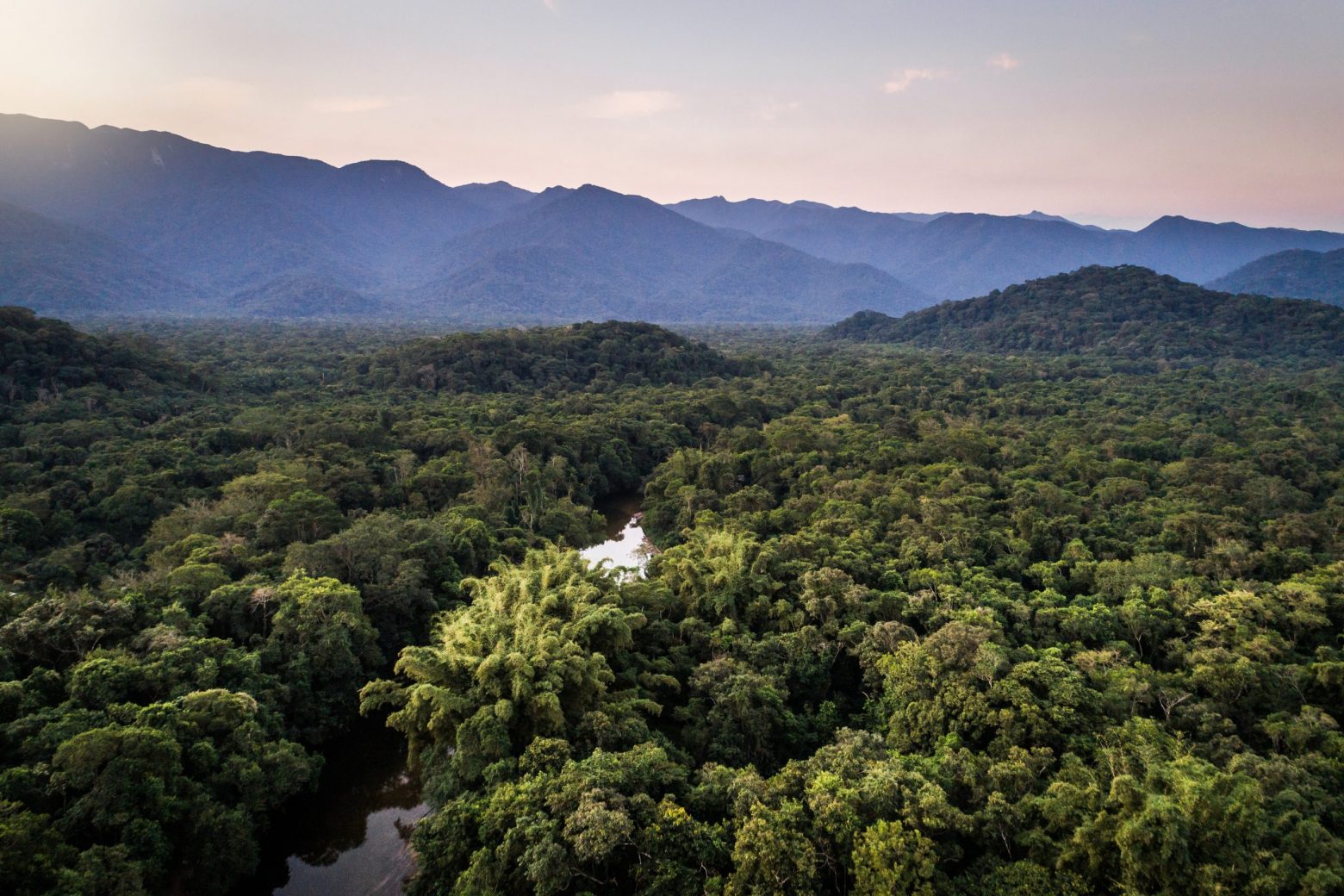
07 March 2023Climate Change, Publications, Risk, TCFD
POPULAR CONTENT

07 March 2023Climate Change, Publications, Risk, TCFD

17 May 2022Events, Roundtables

19 December 2023Banking, Climate Change, Insurance, Investment, Nature, News, Policy, Pollution & Circular Economy, SDGs and Impact, Social
Blue Finance, Nature, News | 17 June 2021
Based on the market-first practical guidance for financial institutions, Turning the Tide, UNEP FI’s recommended exclusions list for a sustainable blue economy provides financial institutions with an overview of activities to exclude from financing due to their damaging impact on the ocean and high risk.

Climate Change, Investment, News | 01 June 2021
Geneva, Tuesday 1 June. The UN Environment Programme Finance Initiative (UNEP FI) and the Principles for Responsible Investment (PRI) are…

Asset Owner Alliance, Climate Change, Investment, News | 27 May 2021
The UN-convened Net-Zero Asset Owner Alliance announced the addition of five new members managing nearly one trillion US dollars of…

In a critical decade for climate and nature, banks and investors can now explore their portfolio’s impact on species extinction…

The financial sector is finally picking up the pace in its response to the climate emergency. Central banks are taking steps to better assess climate-related risks, and asset managers responsible for over a third of the world’s assets, including giants like Vanguard and BlackRock, committed to set a net zero path.

Climate Change, Investment, News | 20 May 2021
The founding partners of The Investor Agenda released today a new tool to enable institutional investors to step up action…

Banking, Climate Change, Net Zero Banking, News | 21 April 2021
Geneva, Wednesday 21 April. Today, on the eve of President Biden’s Head of State Climate Summit, Mark Carney (the UK…
Asset Owner Alliance, Climate Change, News | 21 April 2021
21 April 2021 – The United Nations-convened Net-Zero Asset Owner Alliance today announces a tripling in membership from its launch…

Composed of 12 leading organisations, the the Civil Society Advisory Body of the Principles for Responsible Banking is a unique, first-of-its-kind forum for constructive and meaningful engagement between wider civil society and the collective banking industry.

Blue Finance, Nature, News | 02 March 2021
New practical guidance enables banks, investors and insurers to understand their impact on ocean health and immediately take action to accelerate the transition to a sustainable blue economy. Leveraging best practice based on input from more than 50 pioneering institutions and experts, this guidance sets out pathways to sustainable growth across five key ocean sectors, chosen for their established connection to private finance. It presents a detailed breakdown of which activities to seek out as best practice, which activities to challenge, and which activities to avoid financing completely due to their damaging nature.
